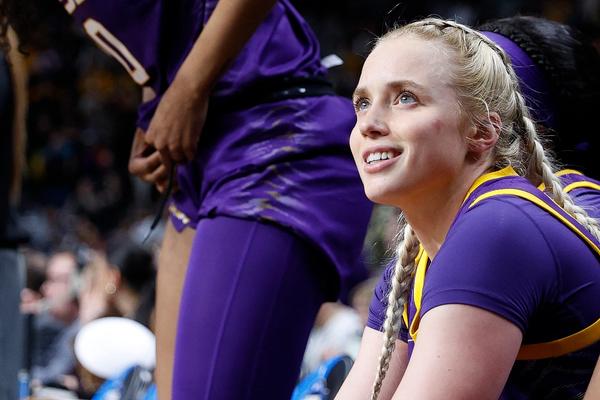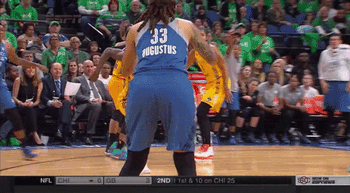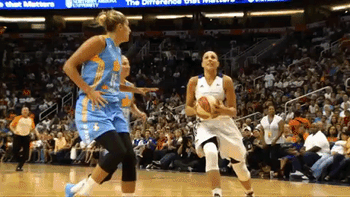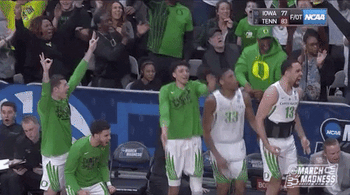Potential NCAA transfer portal change prompts women’s basketball departures

The GIST: With March Madness over and many of the NCAA’s top players preparing for the WNBA Draft, the court will look different come fall. On top of that, the NCAA transfer portal rules might change soon to allow athletes to transfer more than once. With more than 1.1K players already entered, the transfer portal might get pretty crowded. No more sitting out.
The proposal: Much like its NIL restrictions, the NCAA’s restrictions on student-athlete transfers have been challenged for violating antitrust laws and limiting market competition. As college athletes move away from amateurism to lobbying for labor rights, they’re taking their talents to the market to land deals with the best programs available. While transfers could soon be unlimited, an athlete couldn’t switch schools mid-season with the proposed rule change.
The rule: The NCAA hasn’t officially changed its rule on limiting an athlete’s transfers, but a federal judge in West Virginia filed a restraining order in December that temporarily prevents the NCAA from enforcing its old rule. By January, more states and the Department of Justice banded together to challenge the rules. The NCAA just might make this change official during a vote later this week.
Player movement: The proposed rule change comes amid a flurry of portal movement, perhaps because it would allow athletes to operate like “free agents” every year. Already, former LSU star Hailey Van Lith shocked the sport by deciding to leave one season after transferring from Louisville.
- As of now, 106 women’s basketball (WBB) athletes in the portal have noted new schools, with the dissolving
Pac-12Pac 2 particularly prone to losses — like Stanford’s top scorer Kiki Iriafen and Oregon State’s Raegan Beers. Beers is OSU’s seventh player to jump ship to escape the realignment, which serves football and decimates WBB.
Zooming out: These changes incentivize WBB to step further into its superteam era. Although Van Lith buoyed LSU in its Elite Eight run, the real champion was South Carolina, a dynasty praised for recruitment and team culture. Dawn Staley will continue to draw talent, but the new rules will make it hard for any coach to build comparable longevity. Don’t hate the players, hate the game?
Enjoying this article? Want more?

Sign up for The GIST and receive the latest women's sports business news straight to your inbox three times a week





